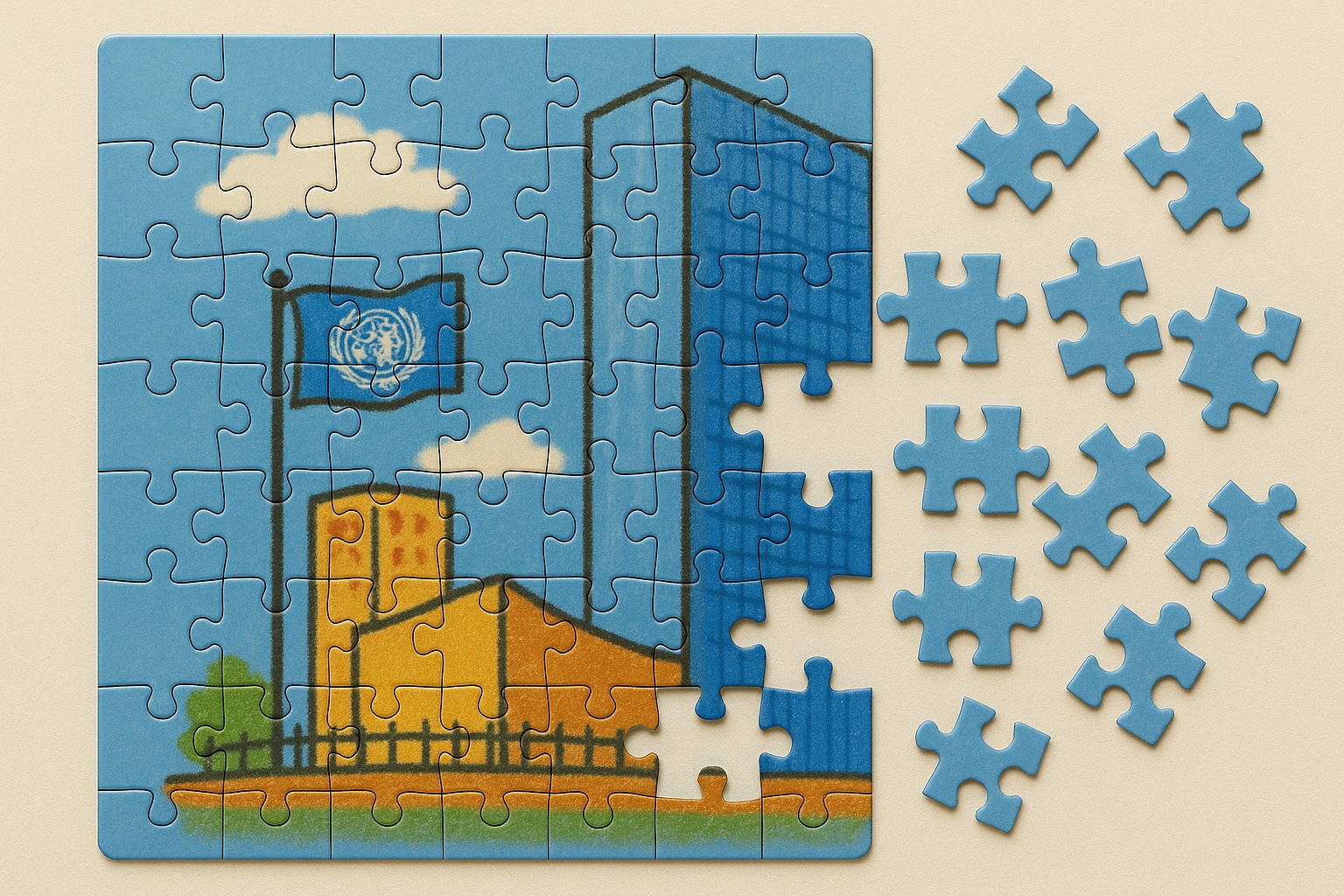The reported acceptance of a luxury jet from Qatar by former President Donald Trump—which some say is intended for transfer to his foundation after leaving office—has raised concerns about the intersection of personal interests and U.S. foreign policy. Traditionally, the United States has positioned itself as a proponent of multilateralism, working through institutions like the United Nations, WTO, and IMF to support a rules-based international order. Previous administrations generally pursued foreign policy with an emphasis on strategic national interests and long-term diplomatic objectives.
In contrast, President Trump’s approach appeared more personalized and transactional, with decisions at times seeming to align closely with his business ventures and those of his inner circle. Some observers and scholars have raised concerns that such a blending of public policy and private interest risked undermining established diplomatic norms, straining alliances, and casting uncertainty over the consistency of U.S. global engagement.
For instance, despite intense pressure on Ukraine during Trump’s tenure, the broader conflict with Russia remained unresolved. Similarly, Trump’s claim to have brokered peace between India and Pakistan has been widely viewed as an overstatement, with regional de-escalation driven more by bilateral diplomacy than U.S. mediation. Such examples contribute to a perception that U.S. leadership in global affairs became less predictable and more transactional under his administration.
More broadly, these developments occurred alongside a weakening of collaborative international frameworks. As multilateralism faced growing challenges, trust in global cooperation eroded, making it harder to collectively address critical issues such as climate change, conflict resolution, and sustainable development. While private diplomacy and informal channels can sometimes be useful, their growing prominence at the expense of institutional accountability raises important questions about the direction and credibility of U.S. foreign policy in a complex and interconnected world.
The United Nations (UN), established in 1945 in the aftermath of two devastating world wars, remains the most comprehensive and inclusive embodiment of multilateralism in the modern international system. With 193 member states, the UN provides a unique platform for dialogue, cooperation, and conflict resolution among nations, regardless of their size, power, or wealth. Increasingly the UN seems outdated and disconnected from present realities. The cutting of funding by the US and the shrinking European contributions, all indicate that the UN is facing serious challenges.
It is not just a question of funding. The UN’s failure to enforce accountability on Israel over its occupation of Palestinian territories, or to mediate an end to the Russia-Ukraine conflict, illustrates its declining influence. The veto power of five permanent UNSC members (US, UK, France, Russia, China) often blocks collective action, reducing the Council to a forum for strategic vetoes rather than meaningful conflict resolution.
Despite the rise of powers like China, India, and Brazil, global institutions remain dominated by the US-Europe axis. Structures like the Bretton Woods system (IMF, World Bank) continue to prioritize Western interests, alienating much of the Global South.
This exclusion has tangible consequences. Countries in the Global South, who suffer the worst impacts of climate change, economic shocks, and conflicts, remain underrepresented in decision-making forums. The Global South faces disproportionate climate change damages, despite contributing far less to global emissions. Access to climate finance and adaptation resources remains difficult. The migration crises caused by conflicts and climate impacts are met with Northern border securitisation, not cooperation.
Global challenges like climate change, cybersecurity, financial instability, pandemics, and armed conflict cannot be solved through unilateral or bilateral efforts alone. Instead of abandoning multilateralism, there is an urgent need for its radical reinvention.
The United States its retreat from multilateral cooperation and unveiled emphasis on national self-interest have created fractures in the international system. This disrupts not only the functioning of the UN but also erodes trust in the rules-based order the UN seeks to uphold. But what should a reformed multilateralism look like, even if it seems like a pipe dream to many.
We need greater representation of the Global South. This would of course involve the expansion of UNSC permanent membership to include Africa, Latin America, and South Asia. Democratisation of the governance of the IMF, World Bank, and other global financial bodies. And the application of principles like Common but Differentiated Responsibilities (CBDR) beyond climate agreements to other areas, including migration and global health.
The role of the Global South can be empowered by encouraging structures and processes of South-South cooperation. Though initiatives like BRICS, African Union, G77 have internal challenges, they offer alternative platforms for collective bargaining. Strengthening these could counterbalance the dominance of traditional Western-led institutions.
Beyond involvement of governments we need to remember that the first line of the preamble UN Charter referred to the “peoples of the United Nations”. We need to move beyond Governments to include civil society, indigenous peoples, youth, and social movements, and especially from the Global South in multilateral forums. Recognize how power systems affect the most marginalized women, socially and economically oppressed and exploited and refugees, and keep them in mind while leading global governance.
We need a thorough reforming of international financial institutions, based on the realisation that the Bretton Woods institutions’ focus on neoliberal policies, austerity, and debt traps has worsened inequality. Proposals like a Global South Development Bank or fairer allocation of Special Drawing Rights (SDRs) need to be given greater momentum.
The world is at a turning point. The old multilateral order is fading, and a new one is yet to emerge. We face the danger of the world being divided into groups pursuing narrow gains that serve the powerful. The global community must revive multilateralism in its spirit, institutions and processes. This means building a system that is inclusive, intersectional, and driven by equity, ensuring that Global South voices are central in shaping the global agenda.
 Author: Nauman Amin and Iyce Malhotra
Author: Nauman Amin and Iyce Malhotra

